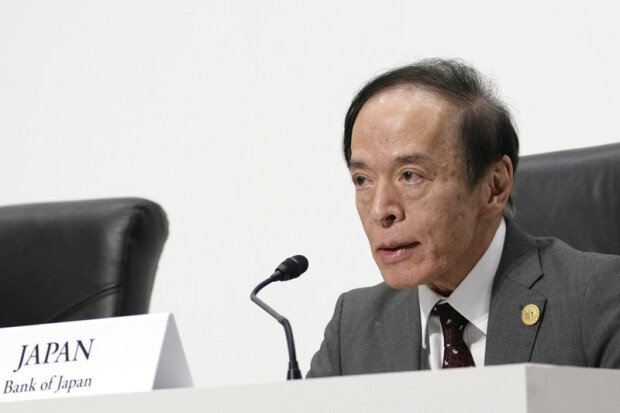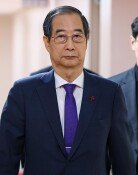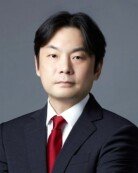Japan raises interest rates for the first time in 17 years
Japan raises interest rates for the first time in 17 years
Posted March. 20, 2024 08:00,
Updated March. 20, 2024 08:00

The Bank of Japan has announced a plan to end its negative interest rate policy, sparking anticipation of significant fluctuations in the global financial market in the near future. This move marks the end of a longstanding policy that kept the Japanese yen weak. There is optimism that this shift in BOJ policy could positively affect the South Korean economy, particularly benefiting the Korean automobile and shipbuilding industries competing against their Japanese counterparts in exports.
The expected interest rate hike in Japan will likely strengthen the yen's value in the medium to long term. The yen has risen above 150 against the U.S. dollar, indicating a temporary weakening following the BoJ’s announcement of its easing stance. In the mid to long term, the yen is expected to decline to around 130 yen.
With a potentially stronger yen trend, Japanese investors may choose to divest assets parked in overseas financial markets. The Wall Street Journal reports that Japan’s total foreign portfolio investments amount to 4.2 trillion dollars, and the interest rate hike in Japan could prompt investors to seek more favorable investment opportunities at home. As funds involved in the yen carry trade, which exploits the interest rate gap between the U.S. dollar and the Japanese yen by borrowing yen to invest in assets denominated in higher-yielding currencies, flow out of global stock markets, significant fluctuations in global stock prices are anticipated.
Despite potential challenges for Japanese exporters due to a stronger yen, South Korean companies stand to benefit from the currency’s weakness and improved export competitiveness. “The end of Japan’s negative interest rate policy is expected to lead to a stronger yen and pose challenges for Japanese exporters,” Heo Jae-hwan, a researcher at Eugene Investment & Securities, commented. “It could provide windfall gains for South Korean automobile, machinery, and shipbuilding industries.”
이동훈 기자 dhlee@donga.com







